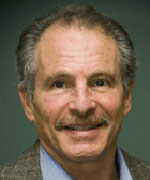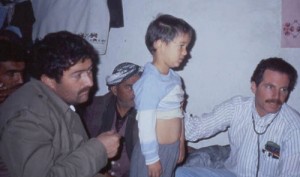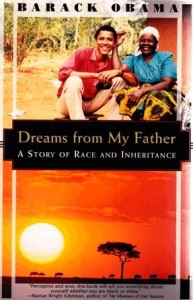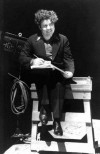In June 2006 I was sitting in a parked car listening to Terry Gross’s “Fresh Air” while my wife and son were in a store finishing up some shopping. I didn’t mind the wait because I was transfixed by the interview and the voice of her compassionate guest. Dr. Paul Epstein was speaking about what for me were the hitherto unknown effects of climate change on public health. He described the advent of startling conditions such as malaria occurring at high elevations in Africa where mosquitoes were previously not even known to breed; tick-borne diseases occurring at latitudes where they were never known before, fueling the growth of Lyme disease and West Nile virus; and diesel particulates attaching to ragweed that was proliferating because of increased CO2 in the atmosphere and lodging in the airways of asthmatic city-dwellers. These signs all pointed to warming temperatures enabling the spread of disease vectors that were unknown until recent years.  I recognized this was the special voice of a healer, for patients and the planet, and I was eager to sign him up to write a book on this imperative subject. When I cold-called him in his office at Harvard, he was very open to speaking with me, though he knew little about me at first. It would take a couple years, and a change in publishing houses for me, but I finally paired him with a co-author and commissioned a book that would be titled Changing Planet, Changing Health: How the Climate Crisis Threatens Our Health and What We Can Do About It. The authors had delivered virtually the entire manuscript and I’d nearly completed my edit when my job with that publisher ended in 2009, and the book contract was then canceled. Fortunately, it was soon resettled and finally published this past April by the University of California Press, with a Foreword by Jeffrey Sachs and endorsements from Al Gore, Bill McKibben, Elizabeth Kolbert, and Dr. Paul Farmer. Paul sent me a copy of the book and I was proud to note his personal acknowledgment of me. We exchanged congratulations and shared the satisfaction of knowing that after five years the book was at last making its way into the world.
I recognized this was the special voice of a healer, for patients and the planet, and I was eager to sign him up to write a book on this imperative subject. When I cold-called him in his office at Harvard, he was very open to speaking with me, though he knew little about me at first. It would take a couple years, and a change in publishing houses for me, but I finally paired him with a co-author and commissioned a book that would be titled Changing Planet, Changing Health: How the Climate Crisis Threatens Our Health and What We Can Do About It. The authors had delivered virtually the entire manuscript and I’d nearly completed my edit when my job with that publisher ended in 2009, and the book contract was then canceled. Fortunately, it was soon resettled and finally published this past April by the University of California Press, with a Foreword by Jeffrey Sachs and endorsements from Al Gore, Bill McKibben, Elizabeth Kolbert, and Dr. Paul Farmer. Paul sent me a copy of the book and I was proud to note his personal acknowledgment of me. We exchanged congratulations and shared the satisfaction of knowing that after five years the book was at last making its way into the world.
Sadly, I learned yesterday that Paul had been ill for some time, and died last Sunday in Cambridge, MA. I am so sorry for the loss of Paul and very grateful for the chance to have known him and worked with him. His humanistic contributions have been detailed in a New York Times obituary, on Joe Romm’s Climate Progress blog at Think Progress, in a Toledo Blade column by Tom Henry, and in this message from Physicians for Human Rights, which concludes with these words:
“For several generations of medical students and young professionals, he was a model of the physician activist, caring for the individual, one patient at a time, and at the same time crusading for the world so that we might leave behind us a chance for the health and well-being of entire populations and of the planet itself.
His knowledgeable and daring voice inspired countless health professionals and activists to campaign for basic human rights, to ban landmines, to prevent disease, and to preserve the planet. We will always remember opening up the paper and reading yet another important piece from Paul—he will be sorely missed.”

Dr. Paul Epstein investigating human rights violations among Kurdish refugees in 1991
 Excited to see a brief item explaining that Kodansha, the Japanese publishing house I worked for from 1992-97, is planning their return to the U.S. scene. In 1996, as part of the Kodansha Globe series we published the first paperback edition of then-Illinois State Senator Barack Obama’s debut book, Dreams From My Father: A Story of Race and Inheritance.
Excited to see a brief item explaining that Kodansha, the Japanese publishing house I worked for from 1992-97, is planning their return to the U.S. scene. In 1996, as part of the Kodansha Globe series we published the first paperback edition of then-Illinois State Senator Barack Obama’s debut book, Dreams From My Father: A Story of Race and Inheritance.




